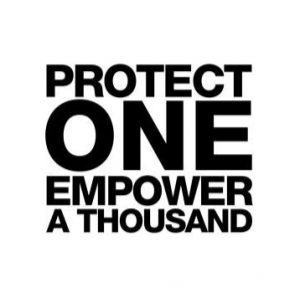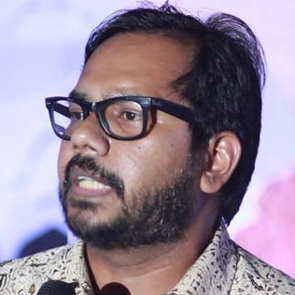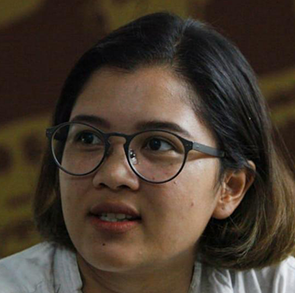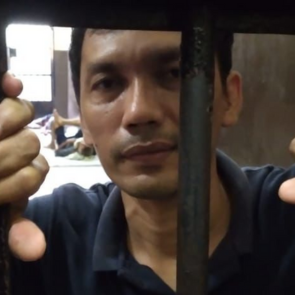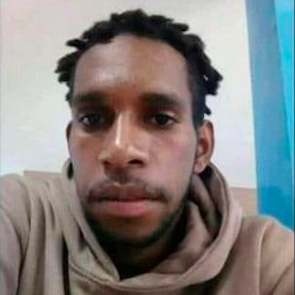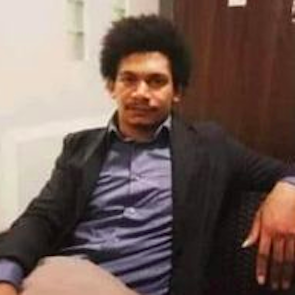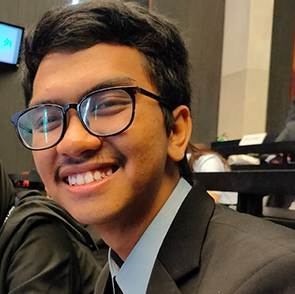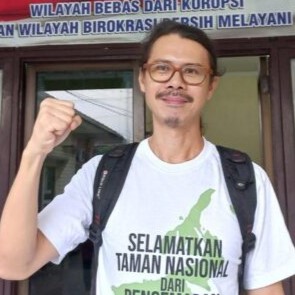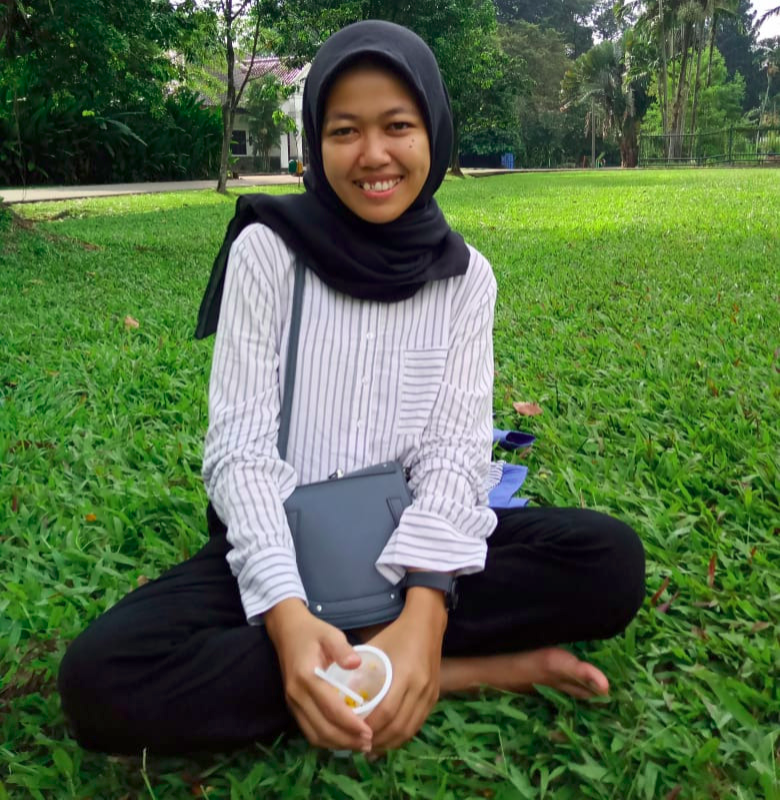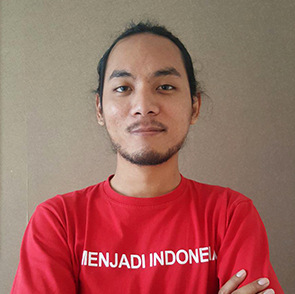#Indonesia
#Indonesia
Since Indonesia’s transition to democracy, the role of human rights defenders has been of particular importance. The country’s record of its treatment of human rights defenders has been floundering, including ongoing surveillance and harassment, restrictions on the freedom of expression and freedom of religion, gender- specific violations against woman HRDs, judicial harassment including criminal defamation suits, stigmatisation, arbitrary arrest, ill-treatment, torture, forced disappearances and killings. Impunity in cases of murders of HRDs and grave human rights violations continue to thrive.
In various provinces of Indonesia, political movements call for independence and/or self-determination. In these areas, individuals carrying out peaceful activities in defence of human rights are particularly at risk as they are targeted by both the authorities and insurgent groups. Attacks targetting defenders in West Papua have escalated in recent times, and the lack of media access to the region impacts the work of HRDs. Papuan rights activists have been arbitrarily arrested for peaceful demonstrations. LGBTI rights defenders are also particularly at risk, amidst increased anti-LGBTI rhetoric and discrimination. They are also threatened by extremist Islamist groups.
The right to freedom of thought, conscience, religion and belief is guaranteed In Indonesia's Constitution, in particular Article 29(2) on freedom of religion and worship and article 28E(2) on freedom of belief, expression of views and thought in accordance to one's conscience. However, these freedoms have been arbitrarily restricted by overly broad and vague laws. HRDs have been charged with “rebellion” under Articles 106, 107 and 110 of the Criminal Code, “incitement” under Article 160 and blasphemy under Article 156a. The criminal defamation and incitement provisions under the Electronic Information and Transaction (ITE) has also been widely used to curb and criminalize free expression criminalizes the distribution or accessibility of information that is “contrary to the moral norms of Indonesia” and provides a vague definition of defamation and blasphemy, which allows for arbitrary interpretation. The law also extends libel and other restrictions to online media. Anti-terrorist legislation is used to target HRDs; many have been labelled insurgents in an attempt to undermine their legitimate work.
Human rights defenders in Indonesia face criminalisation and struggle to assert their rights. The lack of action from the government not only does not protect human rights defenders but leaves them at the mercy of criminalisation acts.
